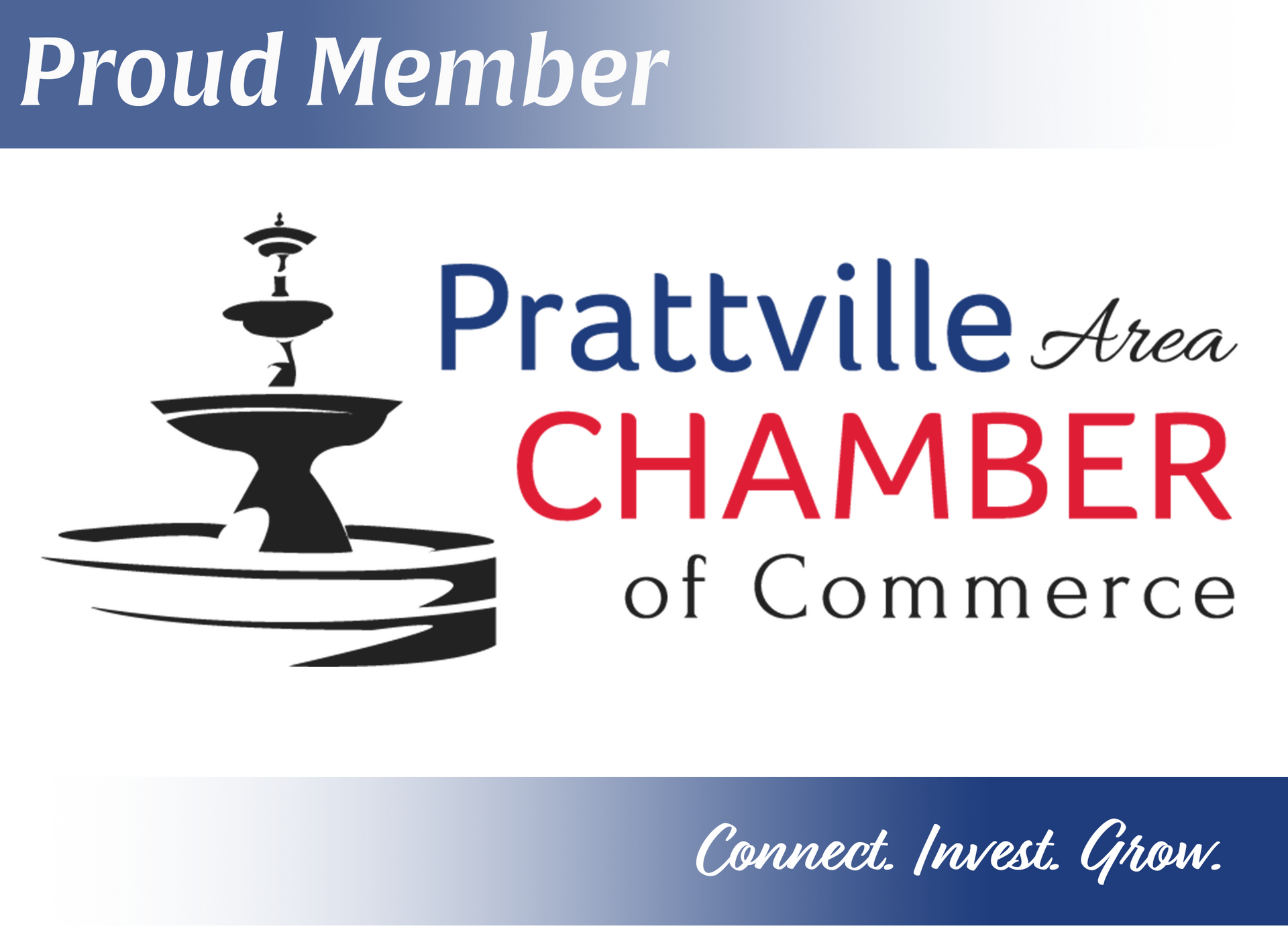Carotid Artery Stenosis Treatment in Prattville, AL
Expert Stroke Prevention Through Advanced Carotid Care
Protect Your Brain and Prevent Stroke with Expert Vascular Care
Carotid artery stenosis is a serious condition that significantly increases your risk of stroke. At Advanced Vascular and Wound Care in Prattville, Alabama, our board-certified vascular surgeons specialize in diagnosing and treating carotid artery disease using both surgical and minimally invasive approaches to prevent life-threatening strokes.
Don't let carotid artery blockages put you at risk for stroke. Early detection and expert treatment can protect your brain, preserve your independence, and help you maintain quality of life for years to come.
What Is Carotid Artery Stenosis?
This condition develops when plaque builds up inside the carotid arteries, reducing blood flow to the brain. If left untreated, plaque can rupture or block the artery, causing a stroke or mini-stroke (TIA)—often without warning.
Who’s at Risk?
- Age 60+
- Smoking
- High blood pressure or cholesterol
- Diabetes
- Family history of stroke or heart disease
Signs You Shouldn’t Ignore
Many people have no symptoms until a stroke occurs. Warning signs may include:
- Sudden weakness or numbness on one side
- Slurred speech or confusion
- Vision loss, dizziness, or loss of balance
Even if symptoms resolve quickly, call 911 immediately.
How We Diagnose Carotid Disease
- Carotid ultrasound
- CT angiography
- MR angiography
- Digital subtraction angiography (when needed for surgery planning)
Screening is recommended for those with risk factors or a history of TIA or stroke.
Carotid Treatment Options
Carotid Endarterectomy (CEA)
A time-tested surgery to remove plaque directly through a small neck incision. Best for patients with 70%+ blockage or stroke symptoms.
Carotid Artery Stenting (CAS)
A minimally invasive option using a stent to open the artery via a catheter inserted in the groin. Ideal for high-risk surgical patients.
We help determine the best approach based on severity, symptoms, anatomy, and your overall health.
Benefits of Treatment
Reduced Stroke Risk:
Removes or stabilizes plaque that could lead to stroke.
Minimally Invasive Options:
Stenting allows faster recovery for eligible patients.
Personalized Care Plans:
Tailored treatment based on imaging, risk, and lifestyle
Why Choose Advanced Vascular & Wound Care?
Dr. Justin Parden is board-certified in Vascular Surgery with extensive experience performing both carotid endarterectomy and stenting procedures. Our Prattville facility features advanced imaging and surgical equipment, ensuring precise diagnosis and optimal treatment outcomes.
Our multidisciplinary approach includes coordination with neurologists, cardiologists, and primary care physicians to provide comprehensive stroke prevention care. We maintain excellent surgical outcomes with low complication rates and focus on personalized treatment plans tailored to each patient's unique needs.
Life After Treatment: Recovery & Prevention
Recovery
CEA patients typically return to activities in 1–2 weeks. Stenting patients may go home the same day and recover faster.
Prevention
Medications, blood pressure control, and lifestyle changes like exercise and smoking cessation are key to long-term stroke protection.
Know the Stroke Warning Signs: FAST
Don’t wait—every second counts in stroke treatment.
Face drooping
Arm weakness
Speech difficulty
Time to call 911
Frequently Asked Questions
Schedule Your Carotid Evaluation
Don’t let carotid stenosis go undetected. Call (334) 659-4717 to schedule your consultation with Central Alabama’s trusted vascular experts at Advanced Vascular & Wound Care.

